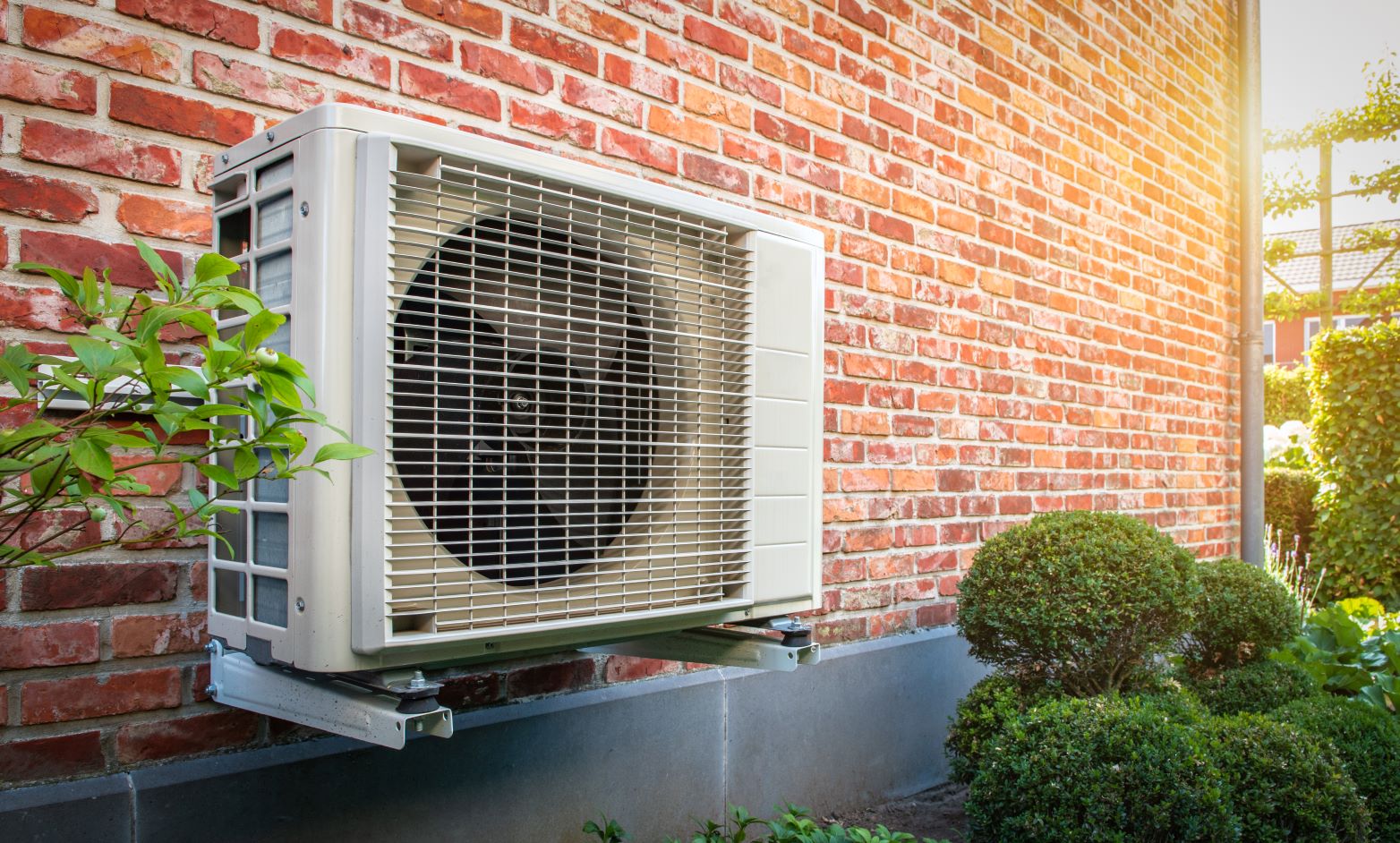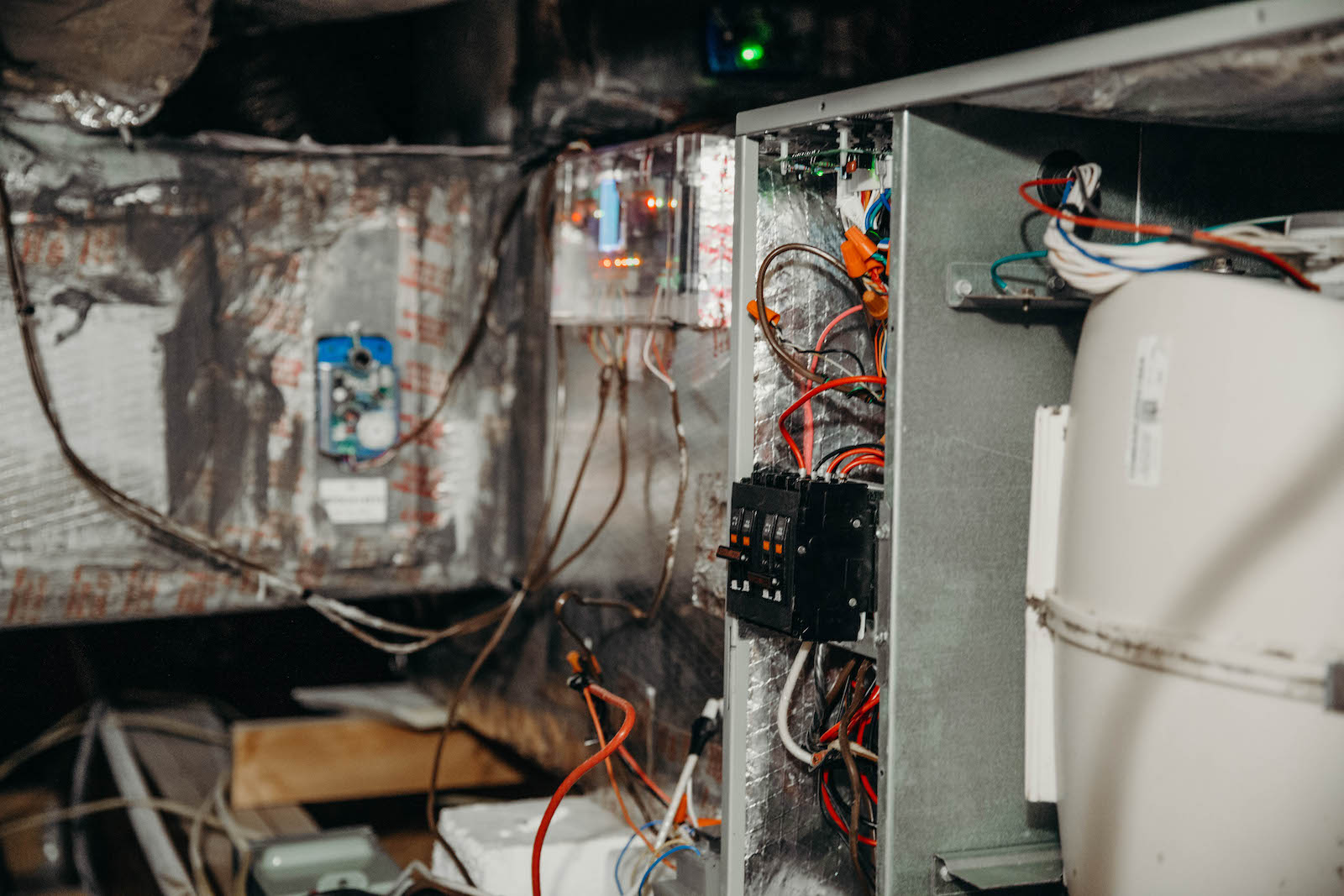Solar EV Charging Station: Guide To At Home Charging
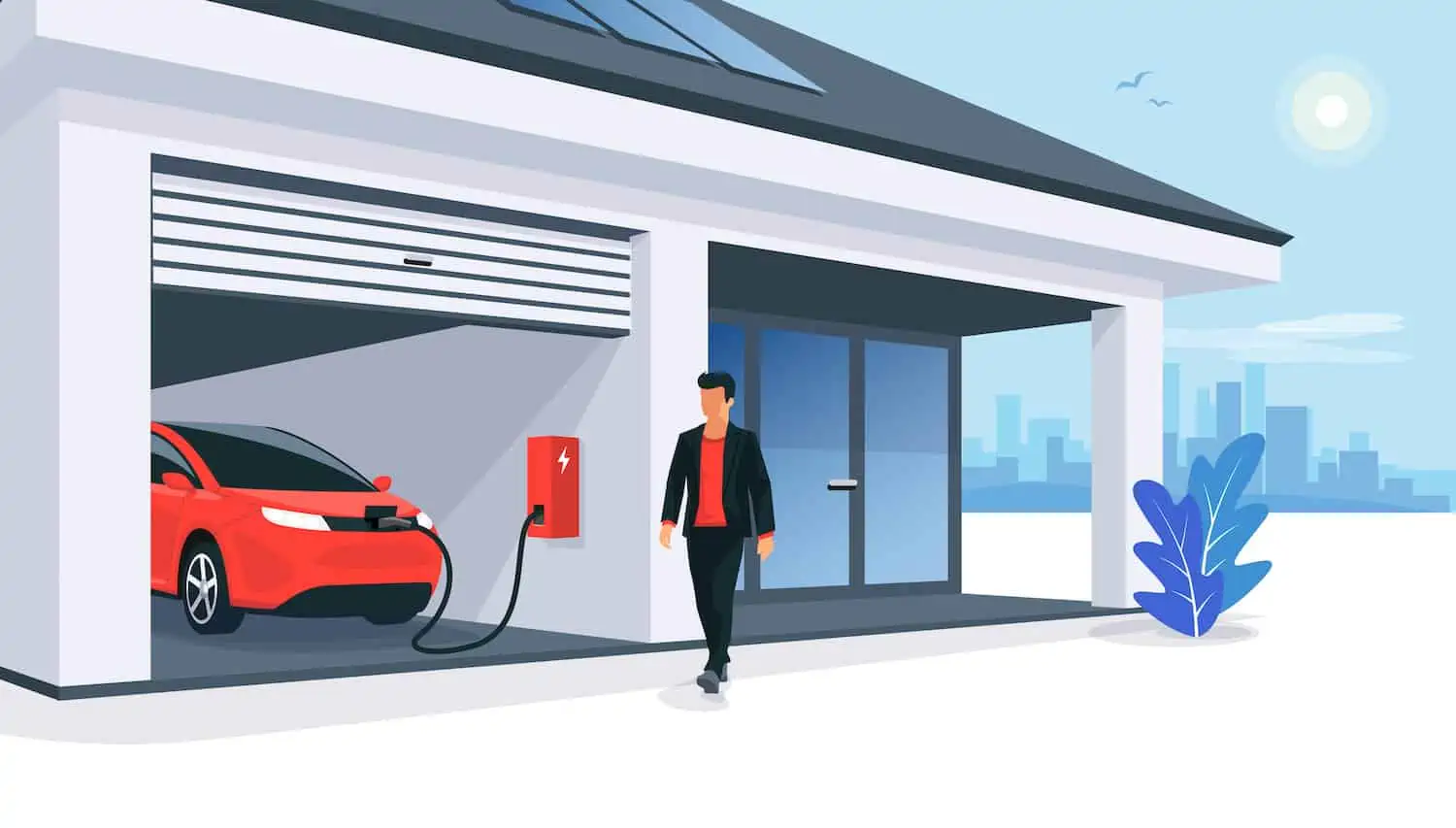
While choosing to drive an electric vehicle can be a great energy-efficient and sustainable option for your vehicle— it can also cost you more on your home energy bills. So what other options are there to charge your electric vehicle? Have you considered a solar-powered EV charger?
That’s right, solar EV charging is definitely possible. In this home charging guide, we will discuss the basics of at-home solar EV charging and provide tips for setting up your own solar EV charging station.
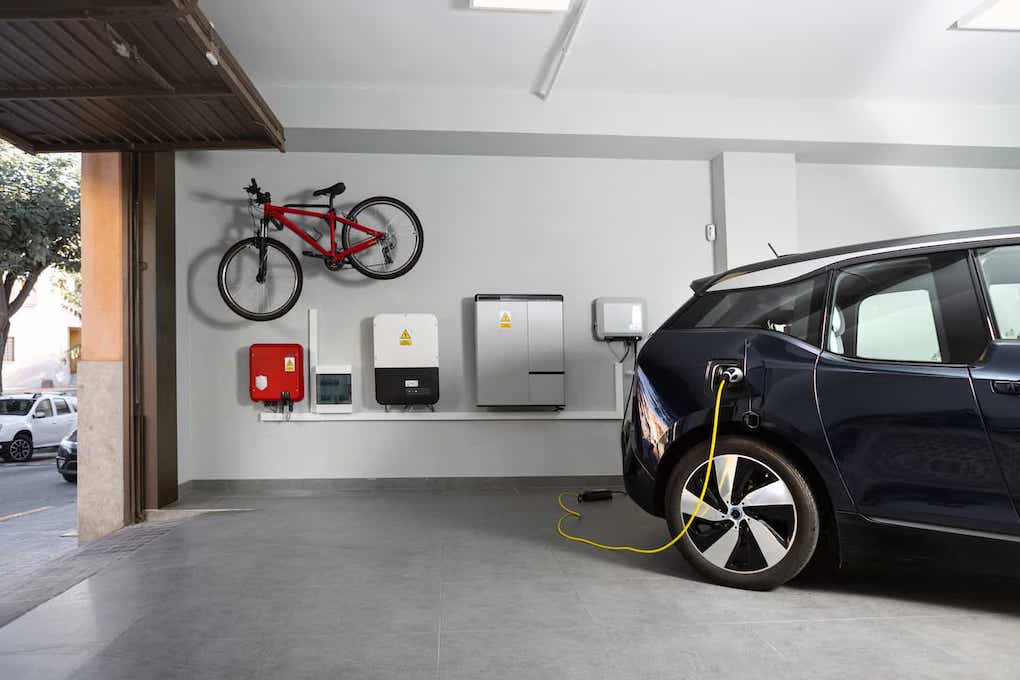
How Do At-Home EV Chargers Work?
When you purchase an electric vehicle you need to do two things:
Install an at-home charger
Install an app to find EV chargers on the go
Obviously, the main benefit of switching to an electric vehicle is becoming less reliant on gasoline and to save some money at the “pump”. But that doesn’t mean you don’t still need to charge up your car to hit the road. So installing an at-home charger can ensure you’re never left without a charge. But where do they go and how do they work?
Types of Chargers
There isn’t just one type of charger to charge electric vehicles. There are 3 levels, each with different connectors and charging speeds. There are three main types of EV chargers that one might install at home, or find in public:
Level I Chargers: The slowest option that comes standard with your car.
Level II Chargers: These can be purchased and installed in your home and charge faster than Level Is.
DC Fast Chargers (Level III): Usually found at public charging stations, these will give you the fastest charge but can be much more expensive.
Charging Speed
How long it takes to charge your vehicle depends on many factors. It can change based on the type of charger, car, level, and voltage used to operate and charge the vehicle. But for the most part, you can expect these speeds for each level of charger.
Level 1 Charging Speed
A level I charger will only add about 4 miles per hour to your battery. And depending on the voltage of your home, it can take an entire day to fully charge a vehicle— somewhere between 8 and 16 hours.
Level 2 Charging Speed
Level 2s are the most common at-home charger and are the most efficient for the cost. They may require some electrical work to bring the voltage up to necessary power (240 vs. 120). It charges nearly 5 times faster than a Level 1, adding 20-30 miles per hour. This could fully charge a vehicle plugged in just overnight (6-8 hours). For hybrid vehicles, it can charge fully in just one hour.
Level 3 Charging Speed
Also known as DC fast charging; you’ll find these most often at public charging stations. This is because they charge faster than any other level charger, so you can get back on the road quickly. Level 3 chargers add 40-50+ miles per hour and in under 30 minutes you can charge up to 80% of your battery.
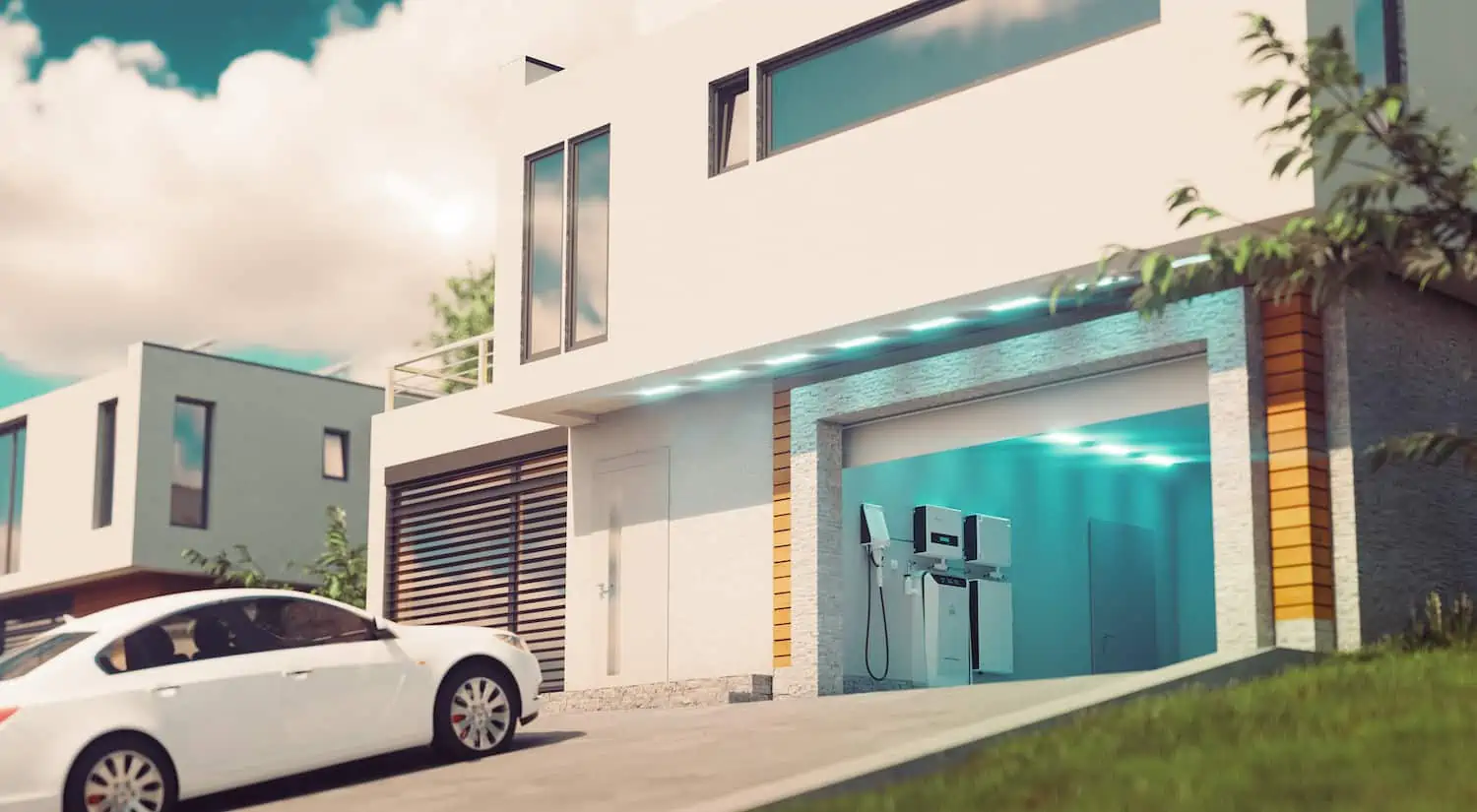
How to Effectively Charge Your Car at Home
When you purchase an electric vehicle, chances are the vehicle comes standard with a Level I charger. This works well at home because it can plug directly into the 120v plug-ins you likely have at home. However, for a more effective charge, we recommend installing a Level II charger in your garage.
If you want faster, more efficient charging, it can be worth rewiring your home, or at least garage, with 240v outlets that can handle the power of a Level II charger. This type of charger needs to be wired directly into your electric system, and any local electrician can help you do that!
When to Charge Your Vehicle
Whether you have a Level I or Level II charger, there is a preferred time to charge your car if you want to save money on electrical bills. There are peak hours and off-peak hours.
There are times of day where there is much higher demand for electricity, thus it can cost nearly twice as much per kWh than during off-peak hours. For the most part, on-peak hours are during the day, between 8am and 10pm. Overnight, between 10pm and 8am is the best time to charge your car during those off-peak hours.
Save Even More Money With a Solar EV Charging Station
Solar energy and electric vehicles are in the same vein when it comes to sustainable options for your home and lifestyle. Combining the two together is like an ultimate commitment to sustainability and also will save you a ton of money in the long run.
While solar panels have been around for a while, solar-powered EV chargers are a new technology. And we think they’re the future of charging electric vehicles. They not only save you money on your electrical bills but also help the environment by using renewable solar energy.
How Do Solar Panels and Power Work?
First, it can be important to know how solar power actually works before investing in the installation of them at your home. Solar power is the process of converting sunlight into electricity. Solar panels are made up of solar cells that are arranged in a grid-like pattern.
These solar cells work by absorbing sunlight with photovoltaic materials. This, in turn, causes an electrical current to flow between positive and negative layers which results in the solar cell generating electricity. Solar-powered EV charger works by using solar panels to generate electricity which is then used to charge your electric vehicle.
Why Should You Consider Solar Power for Your Electric Vehicle Charger?
There are many reasons you should consider solar power for your home’s EV charger, but here are our top three:
Save money on your electric bill
Solar power is a renewable resource, so it’s sustainable
Solar power is good for the environment because it doesn’t produce emissions that contribute to climate change
Installing solar panels on your home can be a big investment, but it’s one that will pay off in the long run. Here’s how to start with your solar panel installation to power your EV charger.
Installing a Solar At-Home EV Charger (Step-by-Step)
The most important part of installing your at-home solar-powered EV charger is to hire a reputable electrician like 4Front Energy to get the job done right.
Step 1: Choose an Installation Spot
The best location for solar panels is on a south-facing spot on your roof that will get the most sunlight. If you are only installing the panels for your EV charger, your garage can be a good place to install it, free of shadows and overhanging trees.
Step 2: Mount the Brackets
Solar panels need to be mounted securely to your roof or garage using sturdy brackets. Since solar panels are fragile and expensive, it’s important to make sure they’re mounted correctly. Solar panel brackets usually come with the solar panel kit, but if not, you can purchase them at a hardware store.
Step 3: Install the Panels
The panels should now be carefully placed and angled appropriately at around 18 to 36 degrees depending on the slope of the roof. These will be secured to the brackets using bolts tightened enough to be strong but not too tight as to strip the bolts.
Step 4: Get the Electrical Wired
An electrician can now do the electrical wiring that will allow you to harness the solar power in your appliances. This will include connecting the solar panel to an inverter and then to your home’s electrical grid.
Step 5: Connect the Solar Inverter and Solar Battery
Your solar panels require an inverter and a battery to convert and harness the energy it gathers from UV rays. The solar inverter changes the direct current (DC) electricity that solar panels create into an alternating current (AC).
This is the type of energy used by most appliances and devices in your home. The solar battery stores solar power so that it can be used when there is no sunlight, like at night or on cloudy days.
Step 6: Install the Electric Car Charger Per Manufacturer Instructions
And lastly, install your new electric vehicle charger according to its instructions. Your newly installed solar-powered EV charger will use the solar panels to generate electricity, which is then used to charge your electric vehicle.
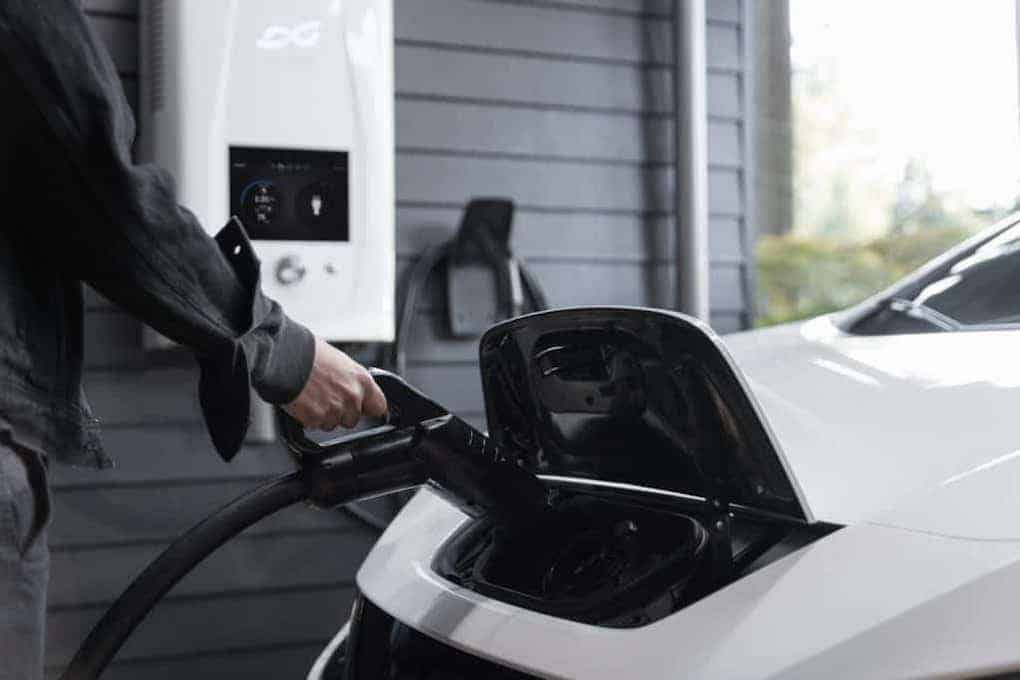
Work With 4Front Energy for Your Home Charging Needs
When it comes to installing your EV charger at home, 4Front Energy has everything you need to get the best, fastest charger on the market. We can help you charge your vehicle faster while also saving even more money with a solar-powered system. If you’re interested in learning more, reach out to our expert team today!
Request Service

Why Choose 4Front Energy?
We’re a Service Company, Not a Sales Company
- Licensed, bonded & insured contractor
- Trusted Twin Cities service provider for nearly 30 years
- Reliable service excellence
- One number for electric, HVAC, and plumbing
- Stand behind our work with integrity
- Fair and straightforward pricing
- Provide invaluable comfort and integrated efficiency
- Technicians that take pride in their work

